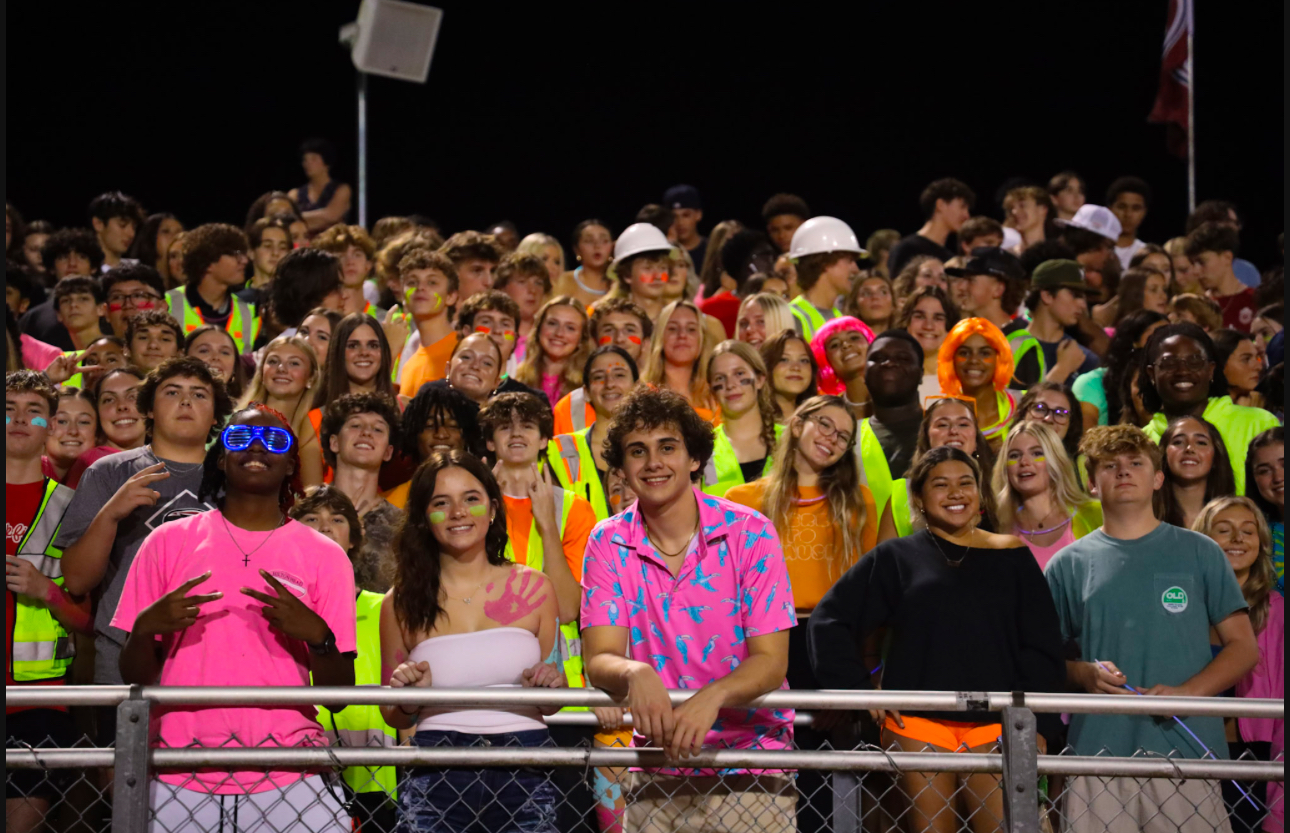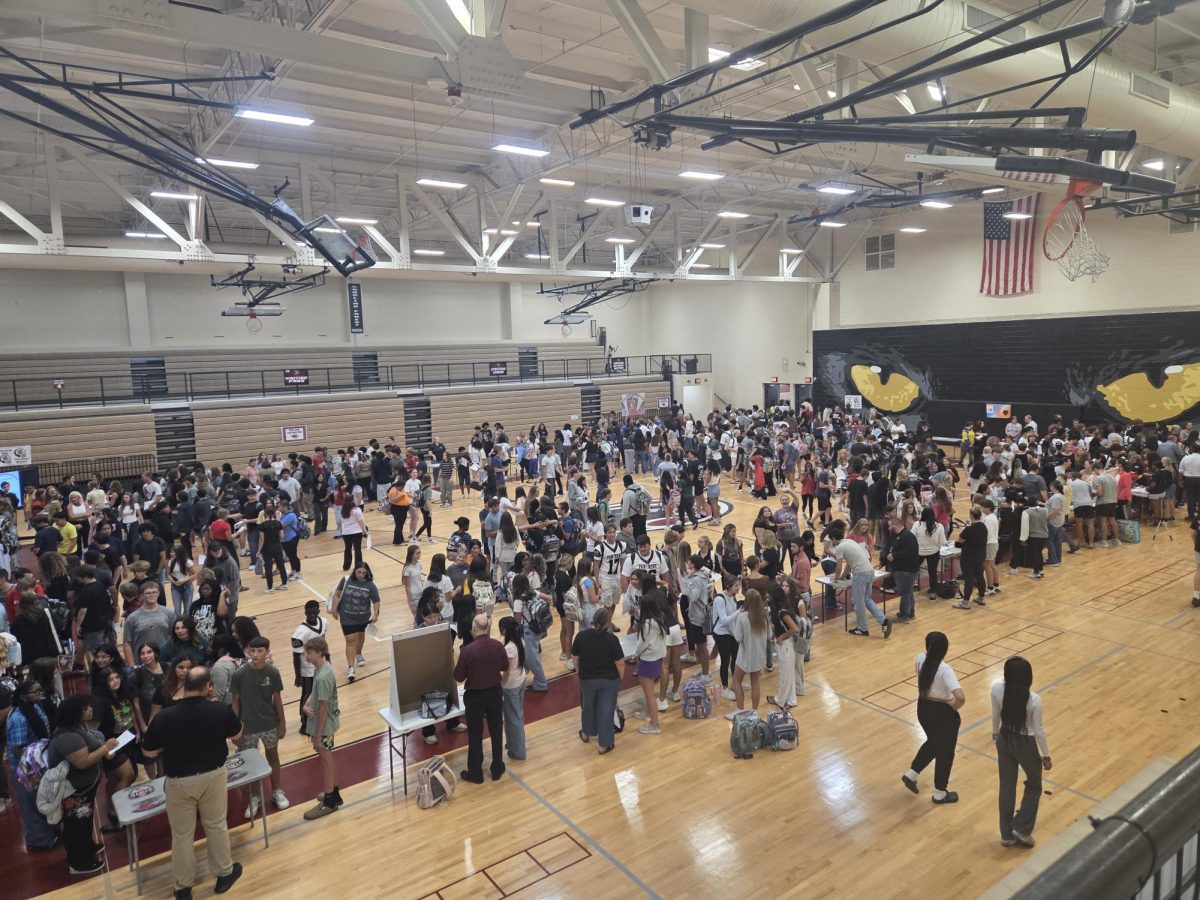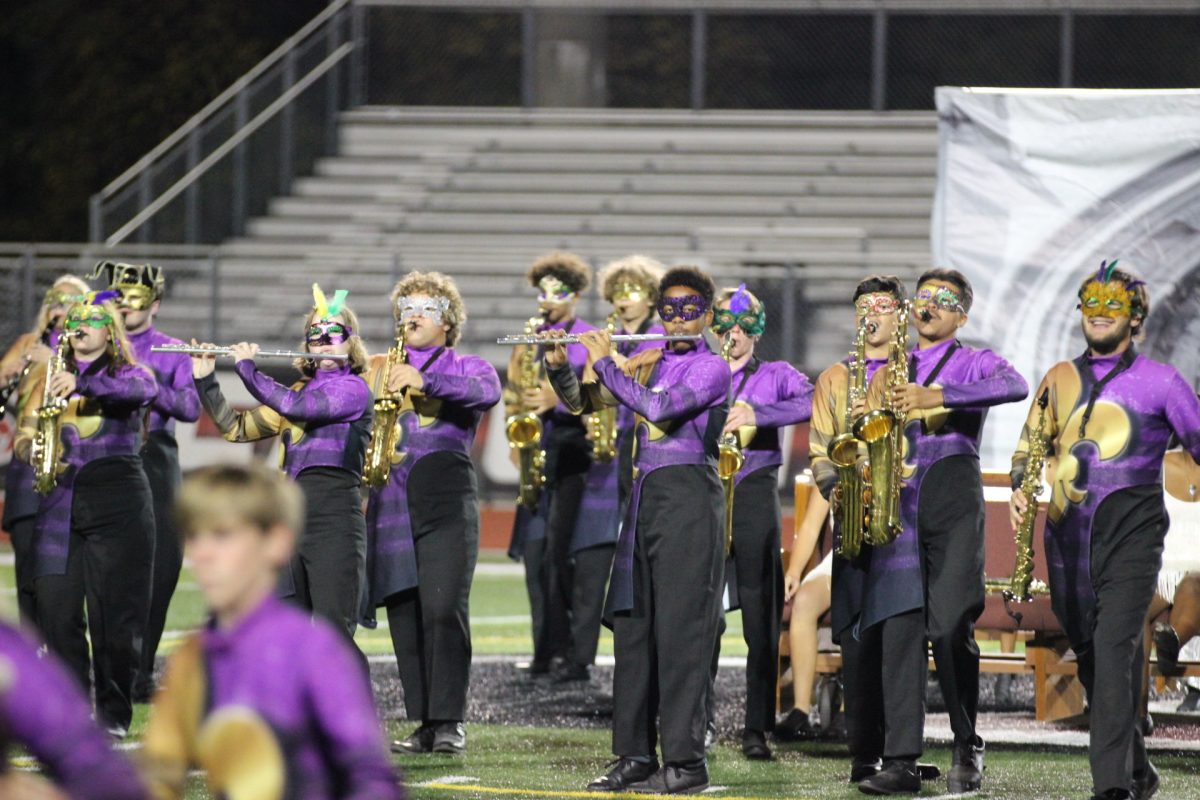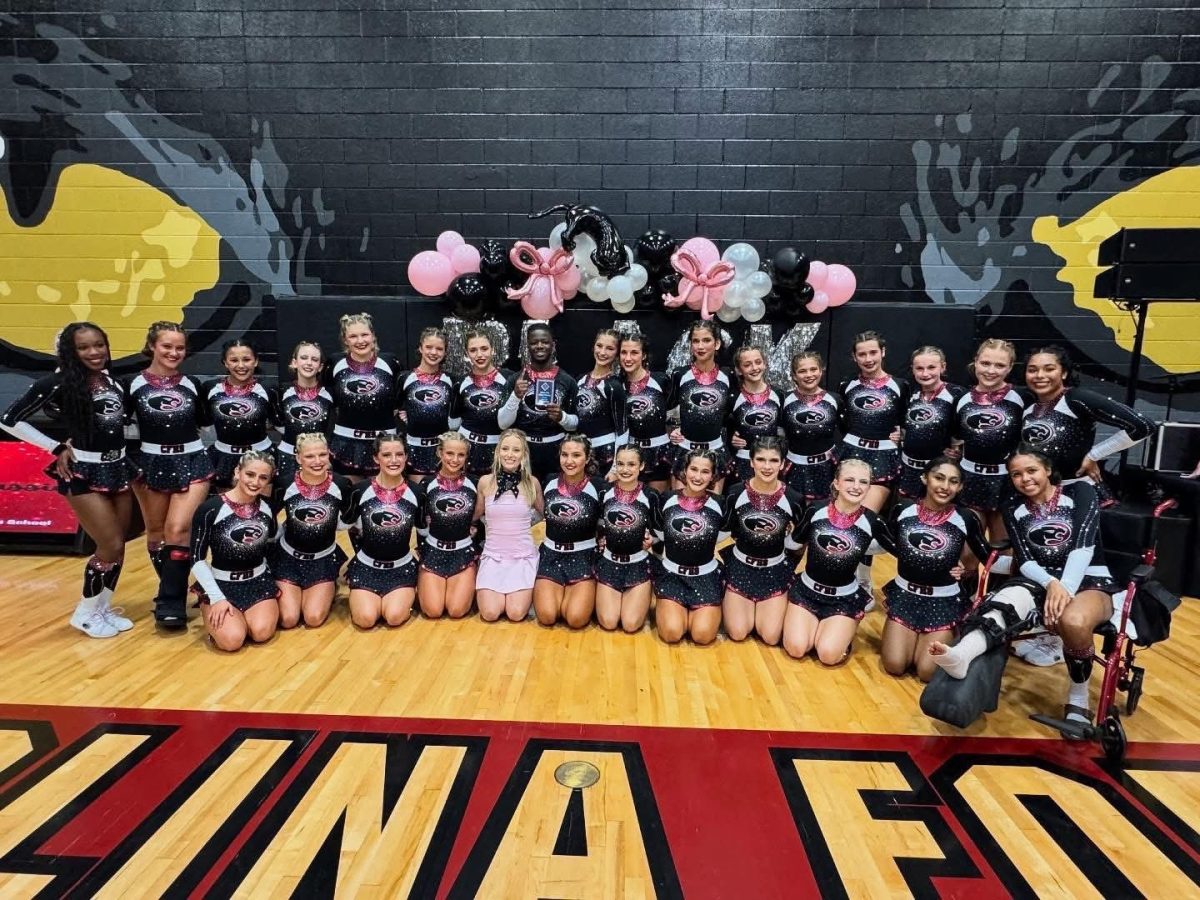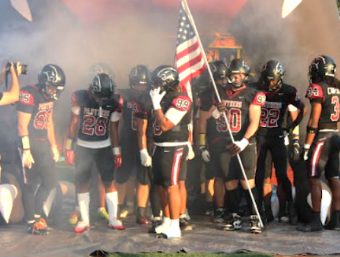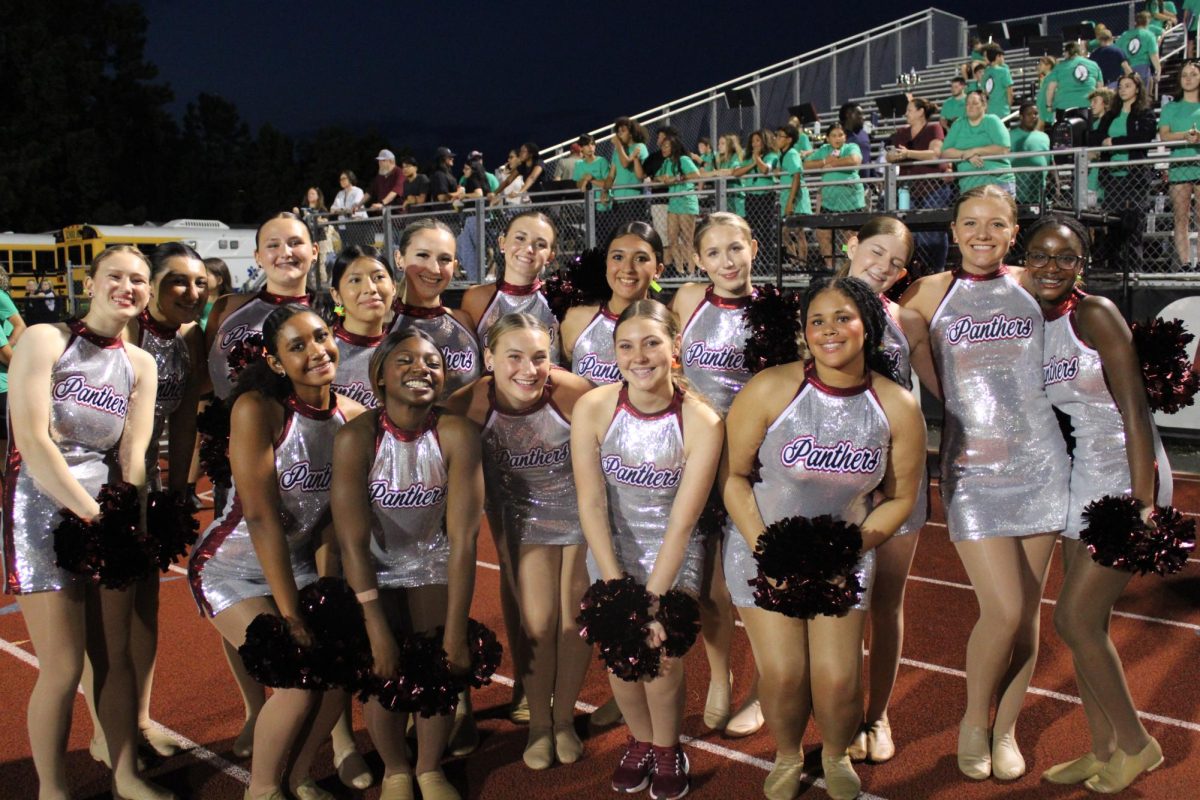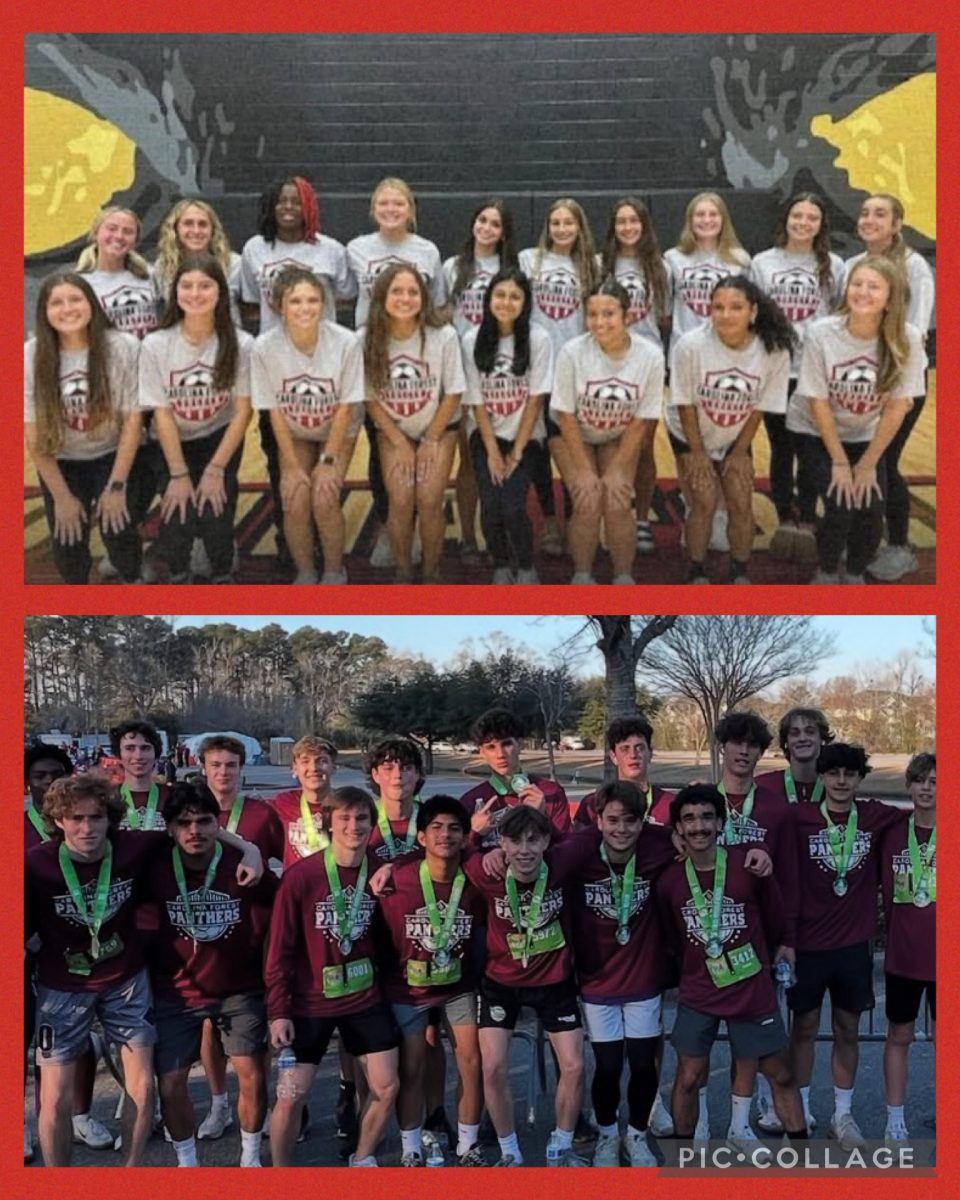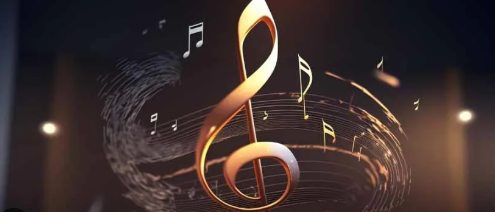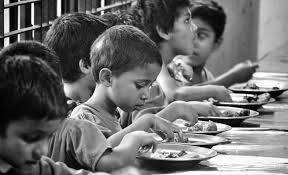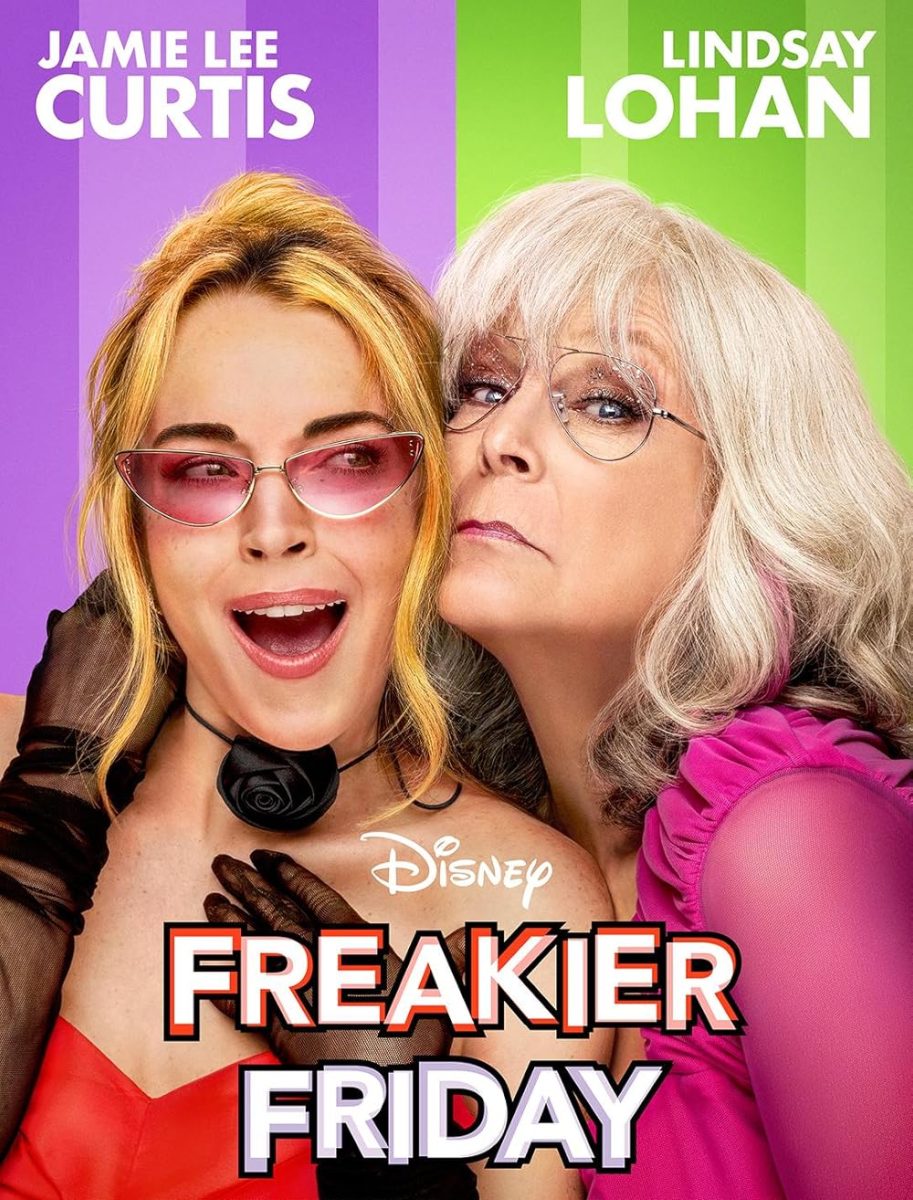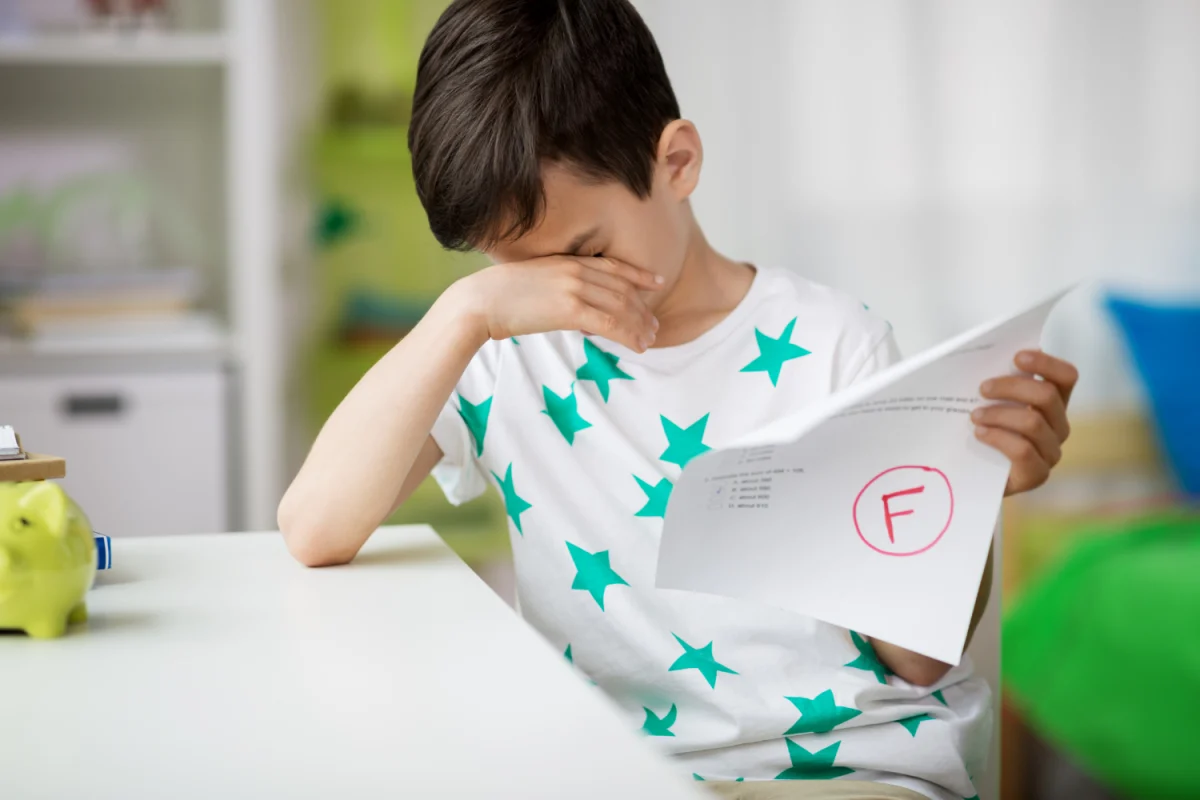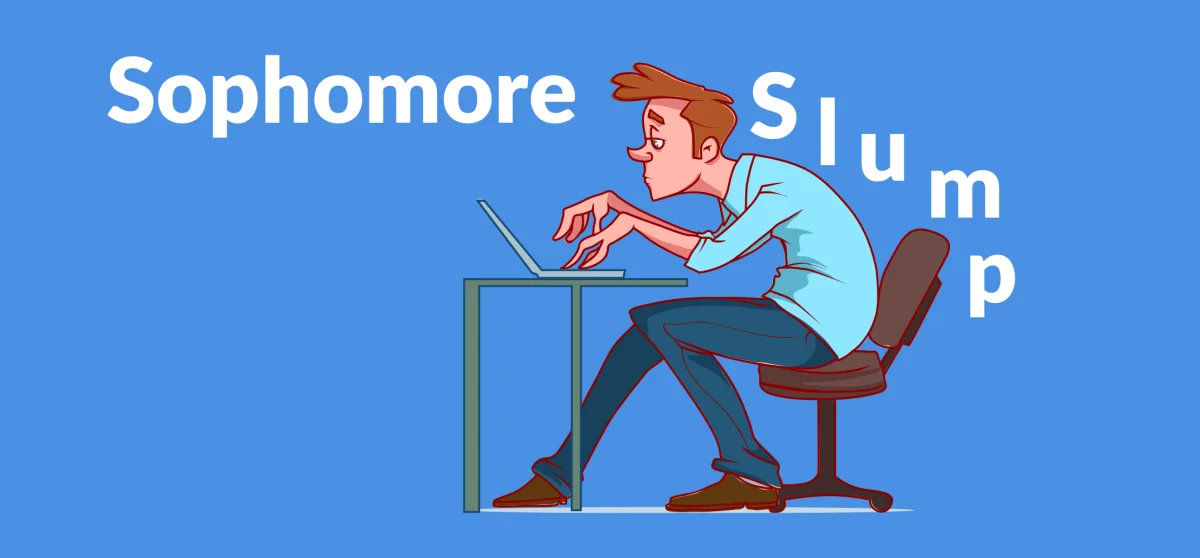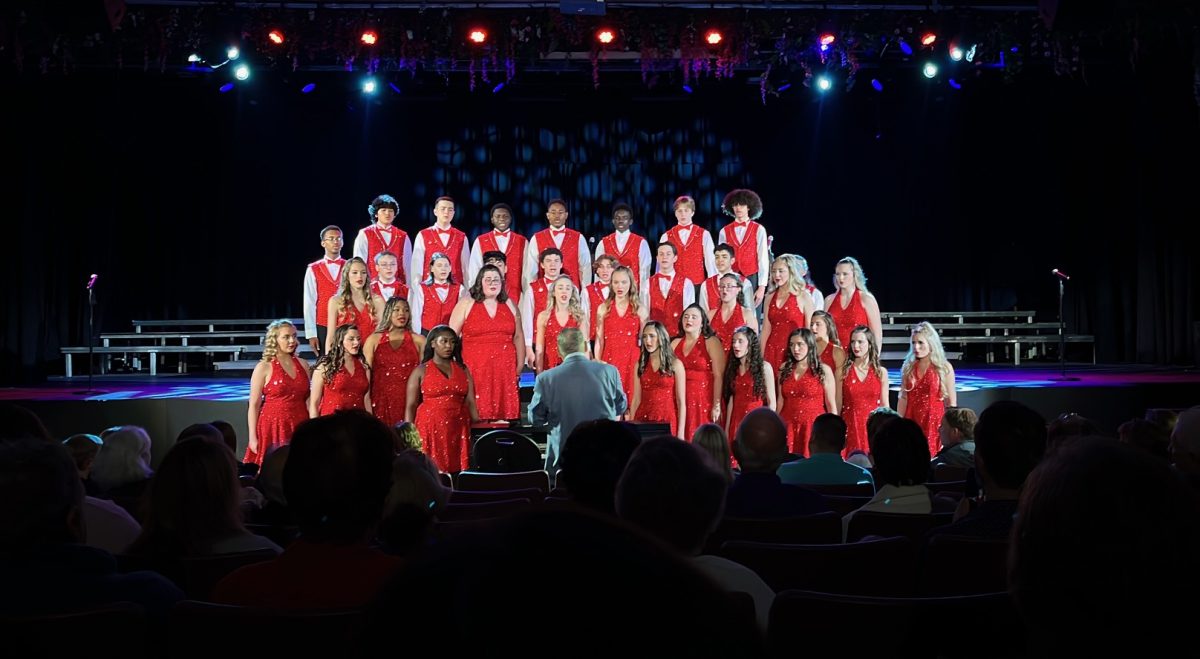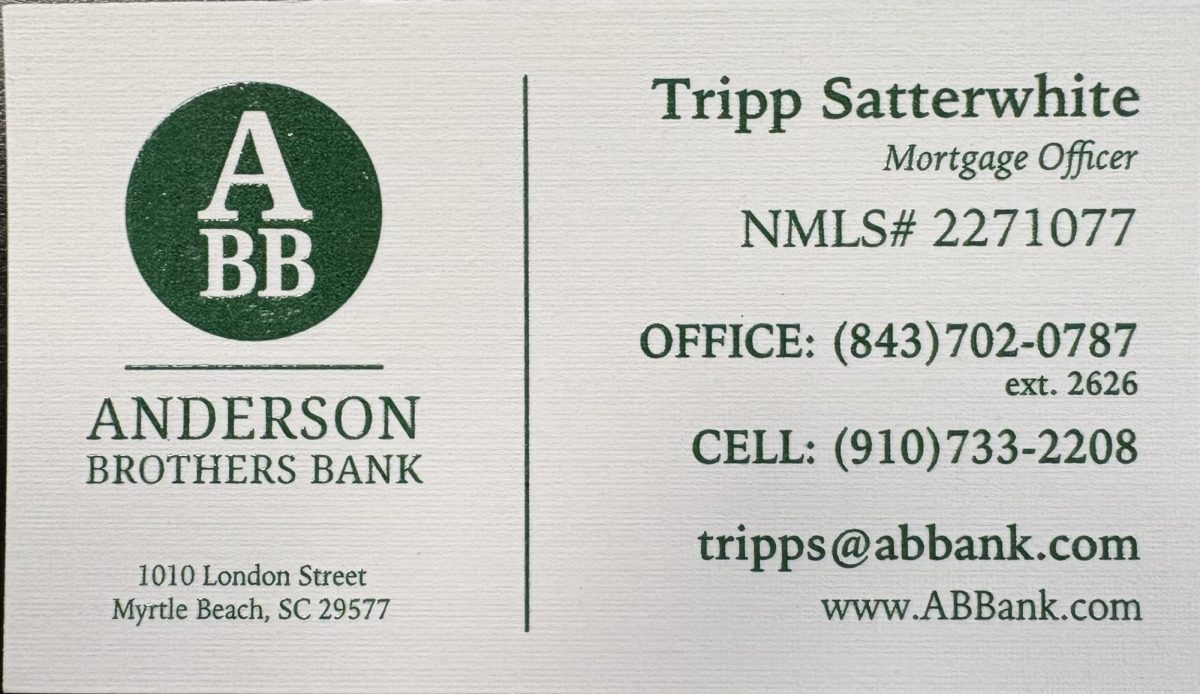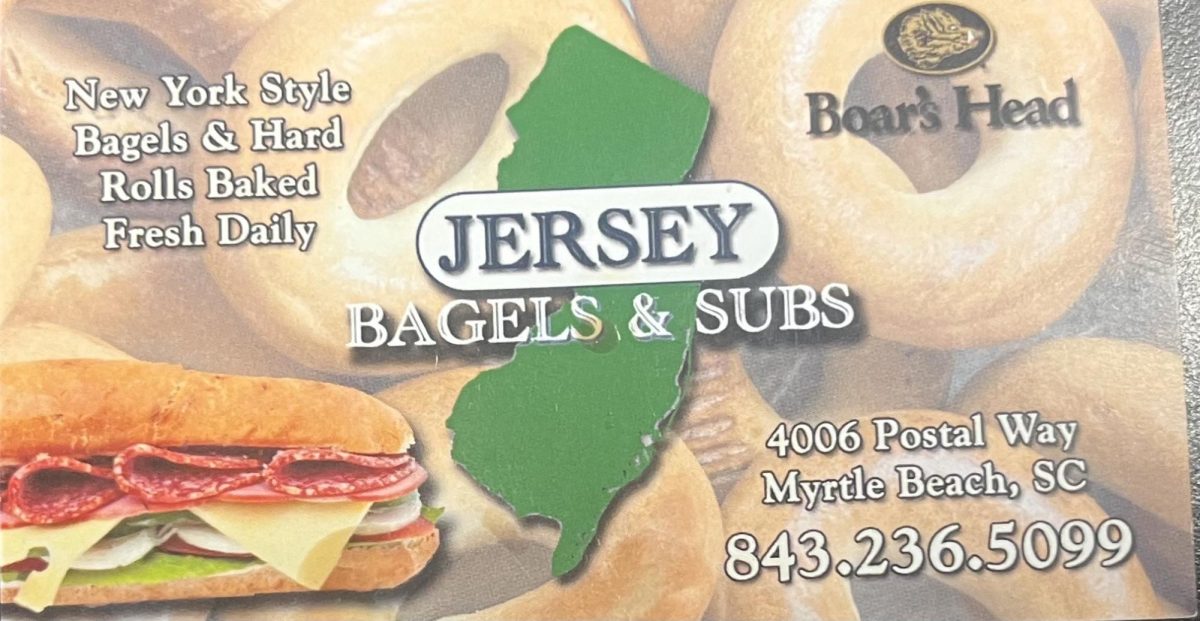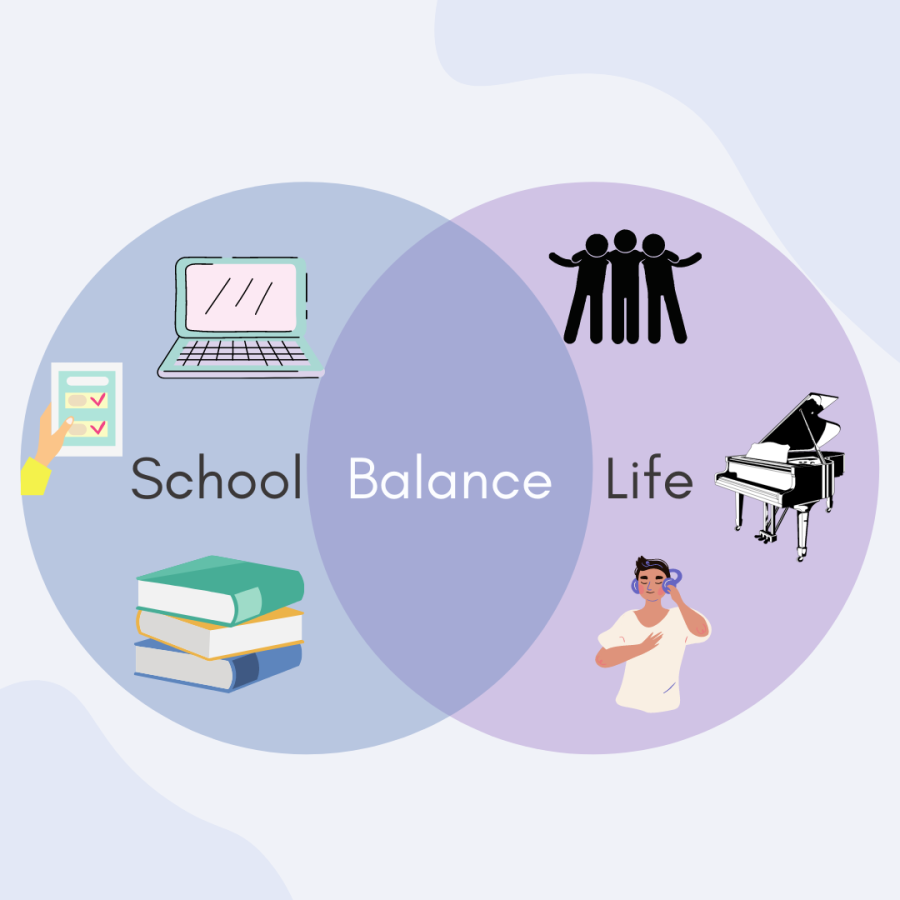Slang is similar to a secret code that keeps our conversations fresh and fun. It’s been around for ages, helping people fit in with different groups. Back in the 1960s, teens used words like “groovy” to describe something cool. Some slang sticks around for a long time, like “cool,” which has been popular for decades. Others, like “tubular” from the 1980s, fade away. This constant change keeps language exciting.
Today, thanks to the internet and social media, slang changes even faster. Words like “selfie,” “lit,” and “bae” became popular online in the early 2000s and spread quickly. Some words that are most commonly used today are: boujee, bussin, drip, extra, rent-free, salty, and shook.
CenterForParentYouthUnderstanding.com shares that the use of slang is very flexible in its use because there are no rules for its use, so it’s more simple. People often use slang when they are hanging out with their friends. However, it turns out that slang is often not only used in person but used on social media.
Using slang isn’t just about the words; it’s about showing who you are and where you come from. Gamers, for instance, have their own lingo, like calling a beginner a “noob” or saying “GG” for “good game.” Sports fans might say “GOAT” to mean “greatest of all time.”
Different places have their own slang, too. In California, people might say “hella” to mean “very,” while in New York, they might use “mad.” This regional slang helps people feel connected to their local community.
One of our English teachers, Christina Maxwell, stated, “Back in the day if someone was “cooked,” it meant that they “got dissed” (disrespected).
Pop culture also influences slang. Phrases like “Yas, Queen” became popular partly because of TV shows like “Broad City.” Musicians and celebrities often create new slang that their fans quickly pick up.
Gabriella Milleo, a sophomore, shares, “ I would argue that slang has gained popularity over the years, while also becoming more informal.”
Interestingly, slang can also cross language barriers. English slang, for example, is often adopted by non-English speakers through music and movies, creating a kind of global slang. People will use words such as “Karen” to mean someone who is rude, or “bot” suggesting they are not a real human, or they are a robot.
Slang is more than just a way to talk; it’s a way to connect, show your personality, and be part of something bigger. It’s a dynamic and essential part of language that will keep evolving as long as we keep communicating.
Picture from: Google.com
